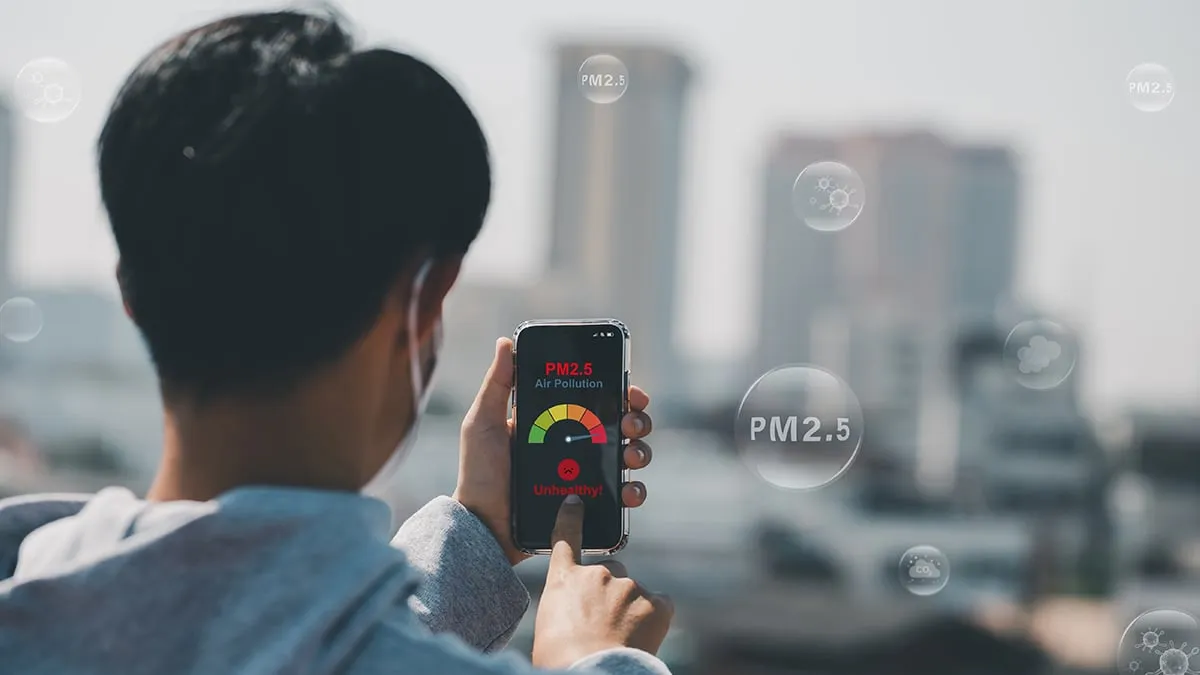Understanding the Effects of Air Pollution and Wildfires on Children's Mental Health

The Hidden Risks of Air Pollution
Children are increasingly facing the realities of air pollution as it affects their overall health. Particularly, wildfires lead to substantial fine particulate matter (PM2.5) which is significantly harmful. PM2.5 consists of tiny airborne particles that can increase the likelihood of psychological distress in young populations.
How Wildfires Affect Children’s Health
- Over 10% of pre-teens reported unsafe levels of PM2.5 exposure.
- Each day with unsafe air quality correlates with increased symptoms of depression and anxiety.
- Prolonged exposure can contribute to long-term developmental issues.
Research conducted in 2016, involving 10,000 children, highlights that the duration of exposure to hazardous air quality correlates with heightened mental health challenges. Children suffering from extended periods of unsafe PM2.5 levels reported significantly more incidences of internalizing behaviors and psychological distress.
Addressing the Issue
- Assess local air quality during wildfire events.
- Limit outdoor activities for children when air quality deteriorates.
- Advocate for community policies that mitigate fire risks.
As researchers emphasize, understanding how environmental stressors like wildfires affect young minds is crucial. It motivates further exploration into improving children's health amid increasing air pollution threats.
Disclaimer: The information provided on this site is for informational purposes only and is not intended as medical advice. We are not responsible for any actions taken based on the content of this site. Always consult a qualified healthcare provider for medical advice, diagnosis, and treatment. We source our news from reputable sources and provide links to the original articles. We do not endorse or assume responsibility for the accuracy of the information contained in external sources.
This article was prepared using information from open sources in accordance with the principles of Ethical Policy. The editorial team is not responsible for absolute accuracy, as it relies on data from the sources referenced.